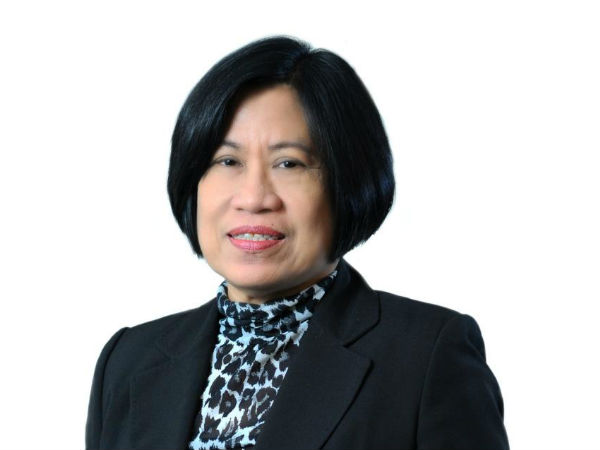SEC chief vows to boost investor rights protection
MANILA, Philippines—The head of the Securities and Exchange Commission has vowed to boost investor rights protection in the country by relentlessly running after erring directors and officers of corporations.
In a speech before the Shareholders Association of the Philippines (SharePHIL) last week, SEC chairperson Teresita Herbosa said the corporate watchdog was vigilantly pursuing the filing of the appropriate administrative and criminal cases against many directors and officers of corporations.
SharePHIL is a new organization that seeks to promote domestic capital market development through advocacy, education and enlightenment of stockholders.
For the period 2005 to 2010, Herbosa said the cases pursued by the SEC involved the top five violations of serious misrepresentation, fraud in procuring the certificate of registration, sale of unregistered securities, defiance of a lawful order and nonsubmission of reportorial requirements.
“For the past year and a half since my appointment, our Enforcement and Prosecution Department (EPD) has been neck deep in investigations of several securities law violations, for example insider trading, which as you know involves accountable directors and officers,” she said.
Article continues after this advertisementHerbosa also disclosed to SharePHIL the SEC’s plan to reinforce the required independence of auditors by requiring a “more meaningful and effective method and scope of rotation.”
Article continues after this advertisement“However, before auditing firms go off like fireworks, presently, the SEC is still in the midst of studying the matter,” Herbosa added.
In the case of independent directors (IDs), Herbosa said the SEC has just clarified that IDs were not prohibited from taking part in stock option plans provided they would not exceed the maximum allowable stockholdings of 2 percent. “While a few has questioned the propriety of this, to our mind, the objectivity of an ID or any director for that matter is not affected by the number of shares he owns as he should be more interested in increasing the value of the shares the more he owns.”
“On the other hand, the frequent absences of an ID is one that would affect the entire board’s decision-making. An ID who is not present deprives minority stockholders, more particularly, representation in the board. Thus, the SEC has not a few times in the past, reprimanded companies who insisted on having absentee IDs in their respective board,” she said.
